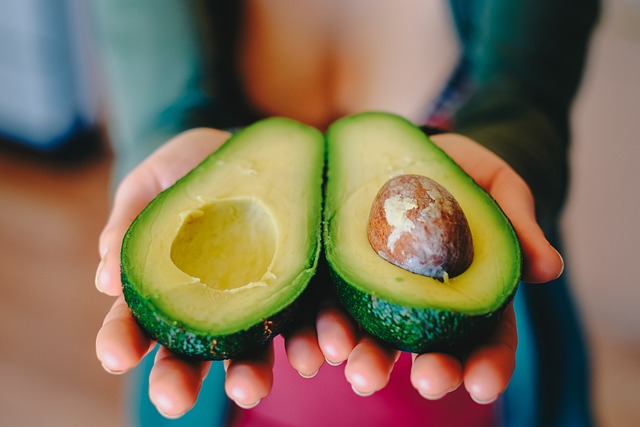From Acne to Aging: How Probiotics Can Revitalize Your Skin

Probiotics, often referred to as “good bacteria,” have gained significant attention in recent years for their
potential health benefits. While most commonly associated with gut health, probiotics have also shown promising
results when it comes to the health and appearance of our skin. From minimizing acne breakouts to reducing the
signs of aging, incorporating probiotics into your skincare routine can have transformative effects.
The Skin-Gut Connection
To understand how probiotics benefit the skin, it is crucial to recognize the intricate relationship between our
gut and our largest organ, the skin. Our gut and skin are intricately connected through a complex network known
as the gut-skin axis. Imbalances in the gut can manifest on the skin in the form of inflammation, acne,
eczema, rosacea, and other skin conditions.
Probiotics help restore the balance of healthy bacteria in our gut, thereby positively influencing our skin’s
health. By promoting a healthy gut microbiome, probiotics can reduce inflammation, enhance the skin’s barrier
function, and encourage cellular repair and renewal.
Minimizing Acne Breakouts
Acne is a common skin concern that affects people of all ages. While various factors contribute to acne
development, an imbalance in the skin’s microbiome plays a significant role. Probiotics can help restore this
balance by combating the growth of harmful bacteria and reducing inflammation.
Several studies have shown that oral and topical use of probiotics can significantly improve acne symptoms. They
work by inhibiting the growth of acne-causing bacteria, reducing sebum production, and calming inflammation in
the skin. Incorporating probiotic-rich foods like yogurt, kefir, and sauerkraut into your diet, as well as using
skincare products containing probiotics, can help minimize acne breakouts and promote a clearer complexion.
Anti-Aging Benefits
As we age, our skin undergoes natural changes, including decreased collagen production, diminished elasticity,
and increased dryness. These factors contribute to the formation of fine lines, wrinkles, and sagging skin.
Probiotics can play a role in slowing down the aging process and revitalizing the skin.
Probiotics improve the skin’s moisture content, enhance its natural protective barrier, and stimulate collagen
production. These actions result in improved skin elasticity, reduced wrinkle formation, and a more youthful
appearance. By nourishing and balancing the skin’s microbiome, probiotics help maintain a healthy skin barrier,
preventing moisture loss and protecting against environmental damage.
Choosing Probiotic Skincare Products
When selecting probiotic skincare products, it’s essential to look for those that contain live bacteria strains
proven effective in supporting skin health. Look for labels that mention specific probiotic strains such as
Lactobacillus or Bifidobacterium. These strains have been extensively studied for their beneficial effects on
the skin.

Additionally, ensure that the skincare product has proper packaging to keep the probiotics stable and effective
for longer. Airless pumps and opaque containers are excellent choices as they protect the







